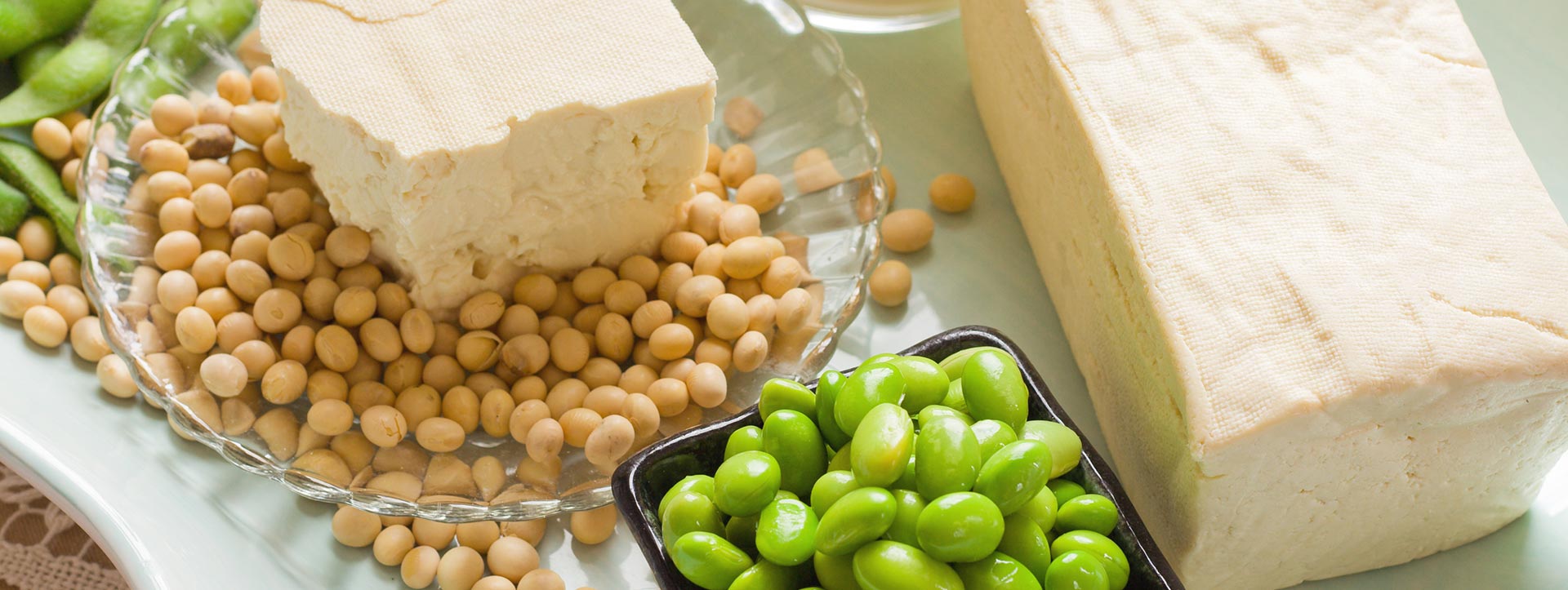How To Raise Estrogen And Lower Testosterone

For years, the U.S. Centers for Disease Control and Prevention has reported that heart disease is the leading cause of death among Americans; in fact, in 2020 heart disease accounted for one in every four deaths. Although there are several types of heart disease, the most common is coronary artery disease (CAD), an accumulation of cholesterol and other substances along arterial walls. This buildup forms a plaque that over time narrows the arteries and impedes blood flow. Undiagnosed or poorly controlled CAD eventually weakens the heart and raises the risk for a heart attack.
What causes CAD? Of course genes are involved, as well as factors such as tobacco use, sedentary lifestyle, a diet high in processed foods and saturated fat, stress, high blood pressure and obesity. However, a risk factor that is sometimes overlooked is the natural waning of reproductive hormones, i.e., estrogen and testosterone.
During a woman's transition into menopause, a period often referred to as perimenopause, her progesterone, testosterone and estrogen levels begin declining. This raises a woman's risk for CAD because estrogen increases good cholesterol (HDL), decreases bad cholesterol (LDL), relaxes blood vessels and absorbs free radicals in the blood that can potentially damage blood vessels, according to Cleveland Clinic.
As a man enters his 40's, he begins experiencing andropause, an age-related decrease in testosterone. A man usually has a one percent drop in testosterone every year after age 40, according to Mayo Clinic. Research published in Nature linked low testosterone levels with CAD risks such as obesity, insulin resistance, type 2 diabetes and metabolic syndrome, as well as an overall risk for cardiovascular disease.
To help offset the potential health problems associated with low hormone levels, scientists developed Hormone Replacement Therapy (HRT) for women and Testosterone Replacement Therapy (TRT) for men. However, various journals have published conflicting articles concerning the risks and benefits associated with HRT and TRT.
For instance, a study in the British Journal of Medicine suggested that HRT lowers the risk of heart disease; whereas, research published in the Journal of the American Medical Association linked HRT with heart disease and breast cancer. As general guidance for the medical community, the American College of Obstetricians and Gynecologists (ACOG) recommends living a heart-healthy lifestyle and using HRT for specific medical conditions.
Additionally, articles published in the Journal of the American Medical Association and PLOS ONEreported an increased risk for heart attacks and strokes among men who began using TRT. Meanwhile, authors of an article published in the Journal of Cardiovascular Pharmacology and Therapeutics and a review in the Journal of the American Heart Association found that TRT contributed to maintaining heart health. Experts at Harvard Men's Health Watch explained that evidence supporting the heart-health benefits of TRT is mixed, and the long-term effects are not fully understood yet.
Foods that Can Help Raise Estrogen and Testosterone Levels
Studies conducted by the Linus Pauling Institute of Oregon State University indicated that eating plant-based foods that contain phytoestrogens may help women raise estrogen levels, such as:
- Seeds: flaxseeds and sesame seeds
- Fruit: apricots, oranges, strawberries, peaches, many dried fruits
- Vegetables: yams, carrots, alfalfa sprouts, kale, celery
- Soy products: tofu, miso soup, soy yogurt
- Dark rye bread
- Legumes: lentils, peas, pinto beans
- Olives and olive oil
- Chickpeas
- Culinary herbs: turmeric, thyme, sage
Results from research conducted by the University of Texas at Austin suggested that men can help raise their testosterone levels by eating foods high in monounsaturated fat and zinc. Also, a study published in Biological Trace Element Research concluded foods high in magnesium can help maintain testosterone levels, for instance:
- Oils: olive, canola and peanut (monounsaturated fat)
- Avocados (monounsaturated fat and magnesium)
- Olives (monounsaturated fat)
- Nuts: almonds and cashews (monounsaturated fat, zinc and magnesium)
- Oysters (zinc)
- Wheat germ (zinc)
- Shellfish: lobster and crab (zinc)
- Chickpeas (zinc)
- Oatmeal (zinc)
- Kidney beans (zinc)
- Raisins (magnesium)
- Dark green leafy vegetables (magnesium)
- Bananas (magnesium)
- Low-fat yogurt (magnesium)
Lifestyle Behaviors that Help Raise Estrogen and Testosterone
Additional tactics you can try to naturally boost your estrogen and testosterone levels include:
- Control stress - When stressed, your body releases cortisol, a hormone that can elevate estrogen levels to an unhealthy level, leading to estrogen dominance. It also can trigger the pancreas to over produce insulin. Too much insulin leads to insulin resistance, raising the risk for weight gain, type 2 diabetes and cardiovascular disease. Cortisol also lowers the production of testosterone. Here are some tips to help you manage stress.
- Exercise – Anaerobic activities -- high intensity activities that are short in duration but require a burst of energy -- such as High Intensity Interval Training (HIIT), heavy weightlifting and calisthenics can help raise estradiol. And strength training activities like lifting weights, using resistance bands and body weight training can help raise short- and long-term testosterone levels. Make sure you consult your physician before beginning or revamping a fitness program.
Aside from maintaining appropriate hormone levels, you can also lower your risk of CAD by working with your MDVIP-affiliated physician to make sure you are taking advantage of all the benefits offered in the practice. Your annual wellness services include a comprehensive heart and stroke screening assessment, and if necessary, advanced cardiac tests.
The results of these screenings and tests are used to help create your customized heart-healthy action plan. Additionally, your physician can work with you to help improve your lifestyle habits, e.g., managing weight, exercising, controlling stress and quitting smoking. Don't have an MDVIP-affiliated physician?MDVIP has a nationwide network of physicians. Find one near you and begin your partnership in health.
This content was last reviewed February 2021.
How To Raise Estrogen And Lower Testosterone
Source: https://www.mdvip.com/about-mdvip/blog/foods-to-boost-estrogen-testosterone-levels



0 Komentar